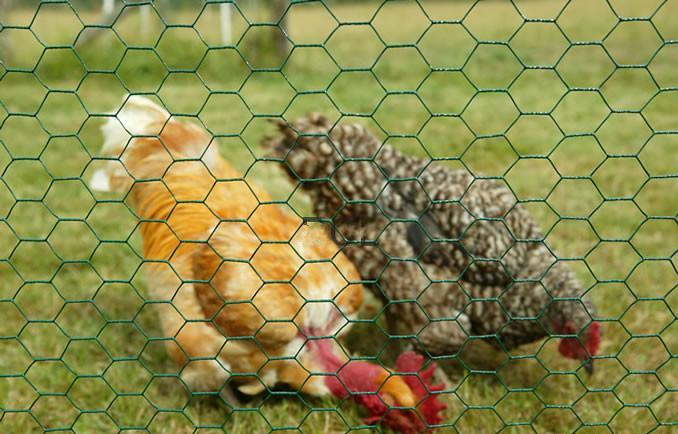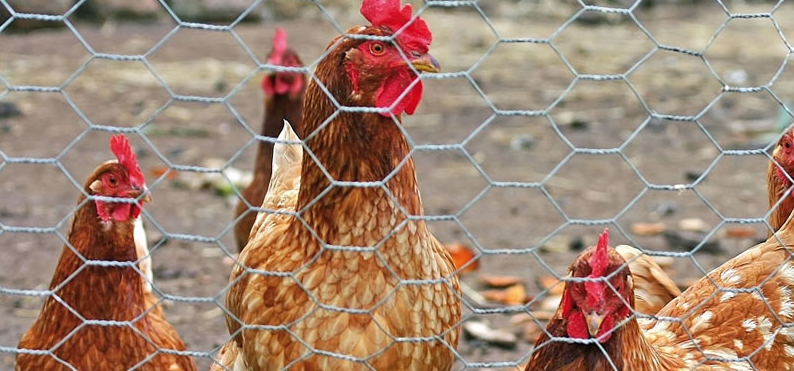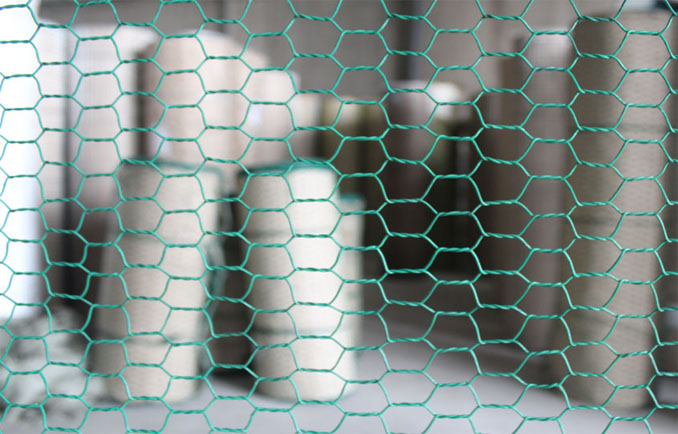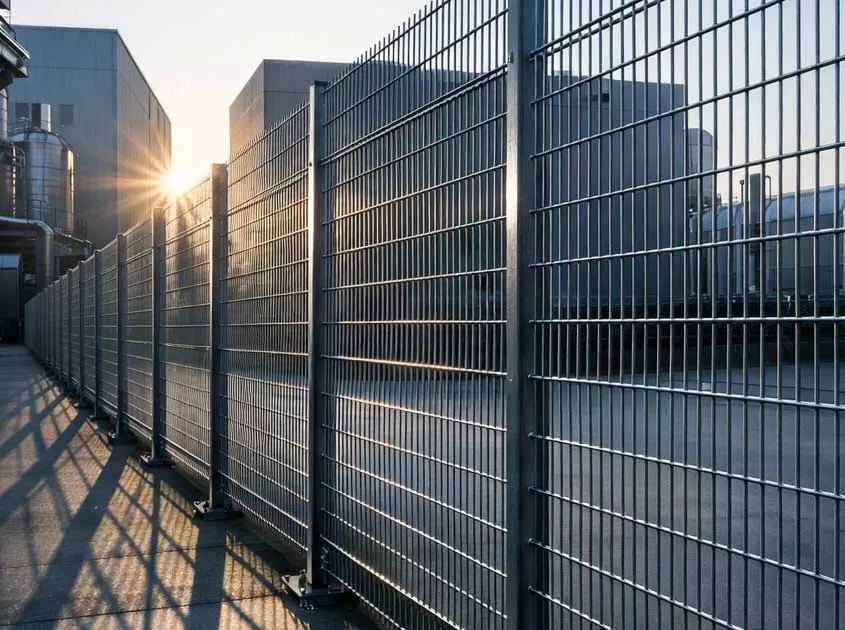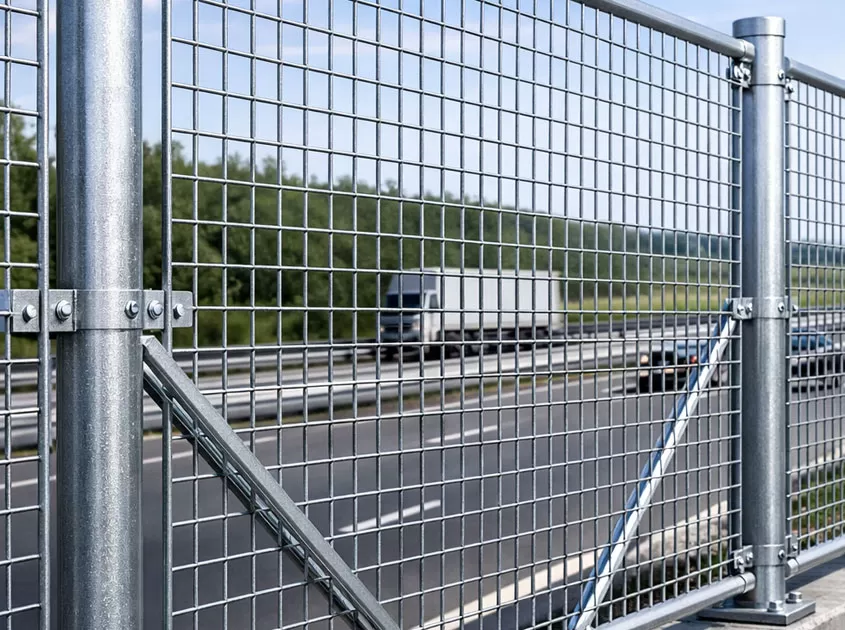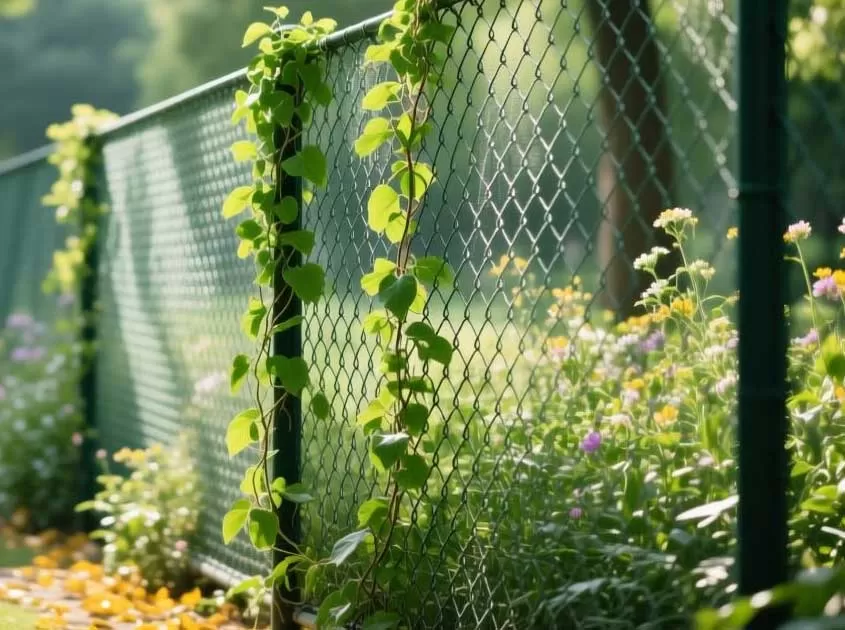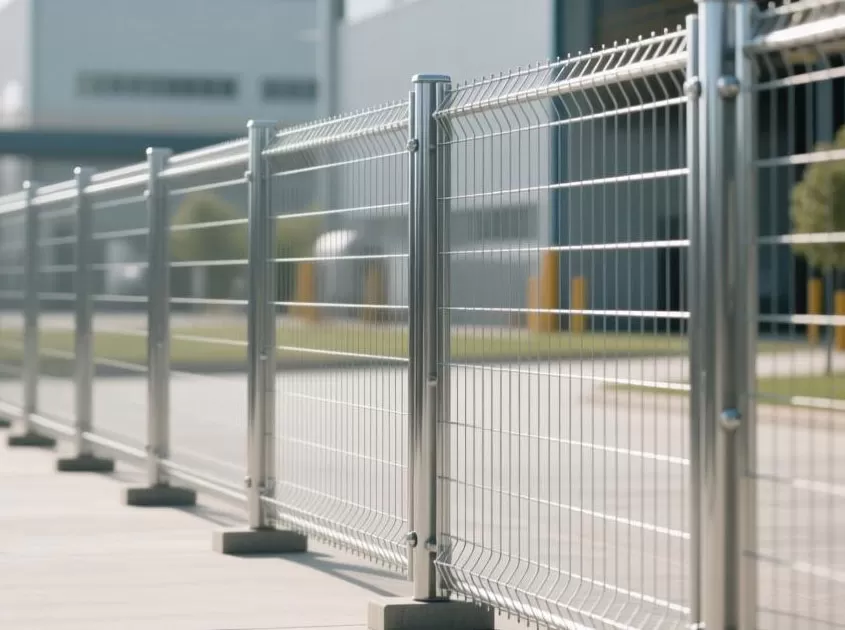All You Need To Know About Chicken Wire Mesh
Chicken wire mesh, also known as poultry netting, is a versatile material commonly used in farming, construction, and gardening. Whether you are building an enclosure for your chickens, reinforcing concrete, or fencing off your garden, chicken wire offers a cost-effective and durable solution. This article covers everything you need to know about chicken wire mesh, including its uses, types, and installation tips.
What is Chicken Wire Mesh?
Chicken wire mesh is a type of woven wire made from galvanized steel or stainless steel. The hexagonal-shaped openings are small enough to prevent chickens or small animals from escaping while allowing adequate airflow. It comes in various sizes and thicknesses, depending on its intended use.
The mesh is lightweight yet strong, making it a popular choice not just for poultry applications but also in other industries such as agriculture, construction, and even art. Its flexibility and affordability make it accessible for both professionals and DIY enthusiasts. Click here for details: What is Chicken Wire Mesh?
Types of Chicken Wire Mesh
There are several different types of chicken wire mesh based on material, gauge, and coating. Choosing the right type depends on your specific needs.
Galvanized Chicken Wire: This is the most common type of chicken wire mesh. The steel wire is coated with zinc to prevent rust and corrosion. It is ideal for outdoor applications, as it can withstand weather conditions.
Vinyl-Coated Chicken Wire: Vinyl-coated chicken wire is covered with a layer of plastic, adding extra durability and weather resistance. This type is typically used in harsher environments, as it offers additional protection against rust.
Stainless Steel Chicken Wire: Stainless steel chicken wire is more expensive but highly durable. It resists corrosion better than galvanized or vinyl-coated options and is suitable for long-term use in areas exposed to moisture or chemicals.
Lightweight Chicken Wire: Lightweight versions of chicken wire are perfect for small projects, such as crafting or temporary fencing. They are easy to handle but may not provide the same level of durability as thicker gauges.
Common Uses for Chicken Wire Mesh
Chicken wire mesh has a wide range of applications across multiple fields. Below are some of the most common uses:
Poultry Enclosures: As the name suggests, chicken wire is primarily used to create enclosures for chickens, rabbits, and other small animals. It provides a secure barrier while allowing airflow and visibility.
Garden Fencing: Gardeners use chicken wire to protect plants from pests like rabbits, deer, and other wildlife. It can also be used to support climbing plants, such as beans or tomatoes, offering an easy structure for growth.
Reinforcing Concrete: In the construction industry, chicken wire is sometimes used to reinforce concrete in plastering jobs. It adds structural integrity to walls and ceilings and helps prevent cracks.
Craft Projects: Chicken wire is also popular in crafting. Artists use it to create wire sculptures, and DIY enthusiasts often use it for making decorative home projects like lamp shades or wreath frames.
How to Install Chicken Wire Mesh?
Installing chicken wire is a straightforward process but requires some basic tools and careful planning. Here’s how you can effectively set it up for various projects:
Measure and Cut: Begin by measuring the area where you plan to install the wire. Using wire cutters, cut the chicken wire to the appropriate size, making sure to leave extra material for securing the edges.
Secure the Wire: Use staples, U-nails, or cable ties to attach the wire mesh to posts, stakes, or a wooden frame. Make sure it is tightly secured to prevent gaps or sagging.
Reinforce the Bottom: For enclosures, bury the bottom part of the wire mesh into the ground to prevent animals from digging underneath. This step is crucial for keeping predators out and ensuring the enclosure’s durability.
Stretch the Wire: To avoid sagging, stretch the wire tightly as you attach it to each post. You can use a pair of pliers to ensure the wire remains taut throughout the installation process.
Questions and Answers
What is the best material for chicken wire?
The best material for chicken wire depends on your specific use. Galvanized steel is the most popular due to its affordability and rust resistance, but stainless steel offers superior durability, especially in moist environments.
Can chicken wire keep out predators?
While chicken wire is effective for keeping chickens in, it is not always strong enough to keep larger predators out. Reinforcing the enclosure with heavier gauge wire or using additional layers of protection may be necessary.
How long does chicken wire last?
Galvanized chicken wire typically lasts between 5 to 10 years, depending on environmental factors like moisture and exposure to the elements. Vinyl-coated or stainless steel wire lasts longer due to its enhanced corrosion resistance.
Recommended Reading: How to Choose the Right Chicken Wire Mesh?
-
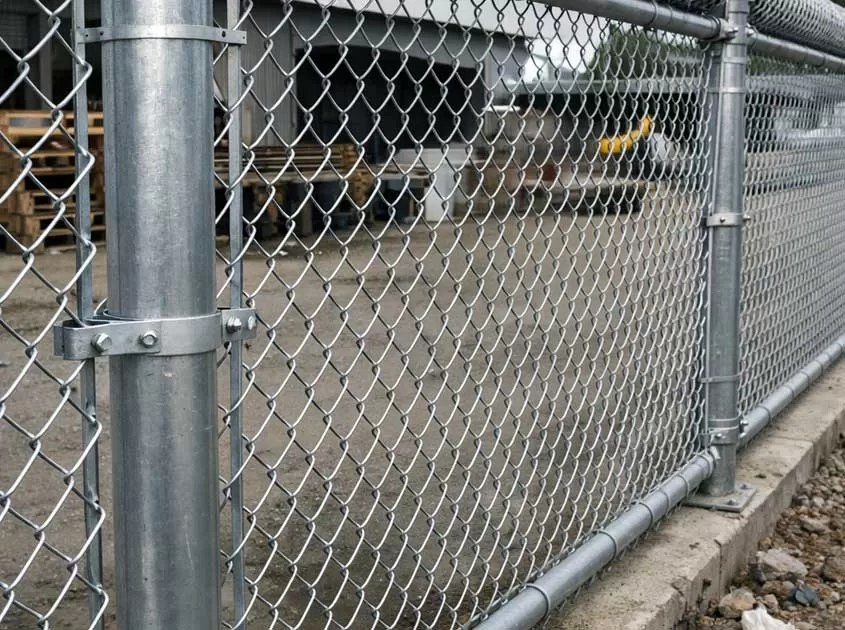 Why Galvanized Wire Mesh Is Popular in South America Jan 26, 2026
Why Galvanized Wire Mesh Is Popular in South America Jan 26, 2026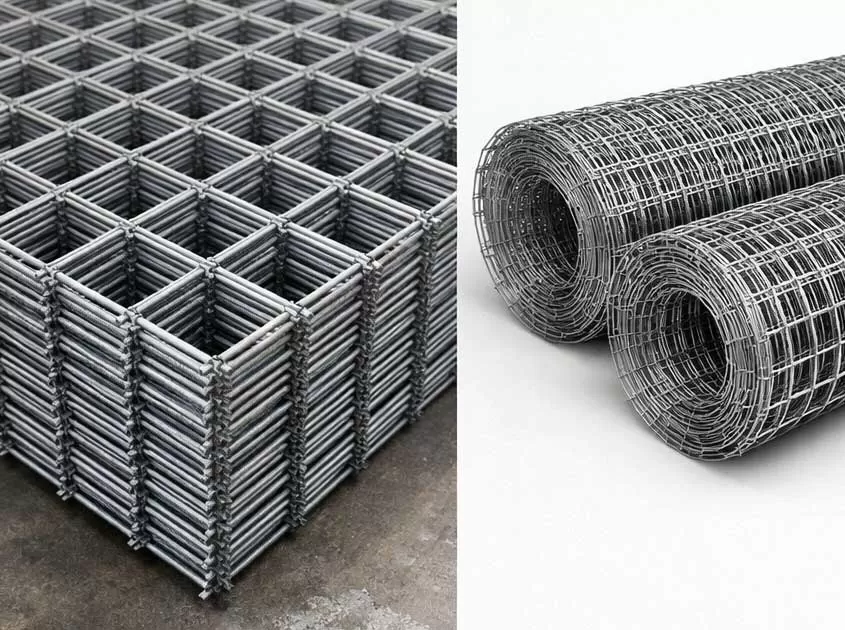 How to Check the Quality of Welded Wire Mesh Jan 16, 2026
How to Check the Quality of Welded Wire Mesh Jan 16, 2026

- Tel.: +86 311 83077076
- E-mail: sales@qunkunmetal.com
- Skype: qunkunsales01
- WhatsApp: 8618032412189
- Add.: No.69 The Filter Industrial Part of Anping, Hebei, China




